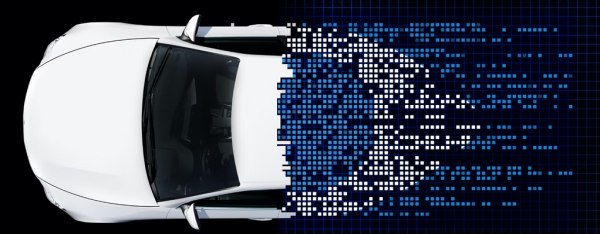Your Smart Car may spy on your smartphone
But how can it be smart, if it spies?

“Your Car Is Spying on You, and a CBP Contract Shows the Risks”, says the Intercept.
Six months ago, the U.S. Customs and Border Protection agency (CBP) purchased “vehicle forensics kits” that can download lots of personal information stored inside cars, making a serious risk to connecting your vehicle and your smartphone.
CBP believed the kit would be “critical in CBP investigations as it can provide evidence [not only] regarding the vehicle’s use, but also information obtained through mobile devices paired with the infotainment system.”
The kits manufacturer, MSAB, claims that this data can include “Recent destinations, favorite locations, call logs, contact lists, SMS messages, emails, pictures, videos, social media feeds, and the navigation history of everywhere the vehicle has been.” MSAB even touts the ability to:
- retrieve deleted data
- divine “future plan[s]”
- “Identify known associates and establish communication patterns between them.”
- “when and where a vehicle’s lights are turned on, and which doors are opened and closed at specific locations”
- “odometer reads, ignition cycles, speed logs, and more”
All easy to (ab)use, or circumvent, “constitutional protections against unreasonable searches”. And all ready to, as the Intercept says, “Get Smartphone Data Without Having to Crack Into a Smartphone” every time it’s plugged into the USB port, or connected via Bluetooth.
And this can happen to every smartphone that passes through a car, including those of all its PAST owners or passengers:
_“We had a Ford Explorer … we pulled the system out, and we recovered 70 phones that had been connected to it. All of their call logs, their contacts and their SMS… And it’s quite comical when you sit back and read some of the the text messages.”
To undestand why and how (in the USA, but broadly applicable in many other places) this is legally possible, or at least still a gray area, read the Intercept’s piece.
But the first take home lesson from these news should be that the longer they are around, the more these “smart” cars look a really, really stupid idea.